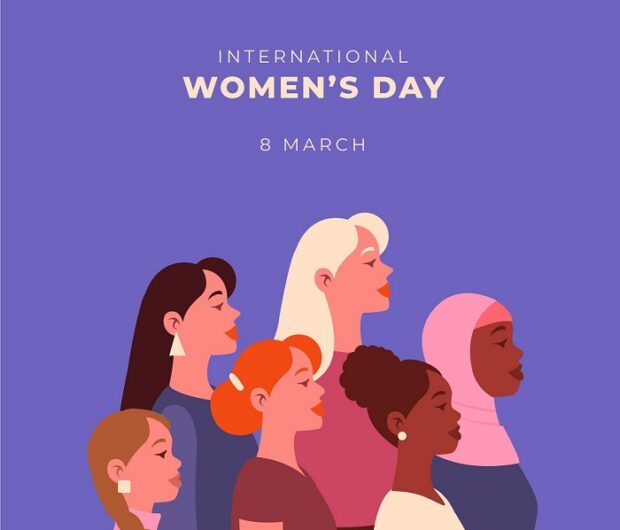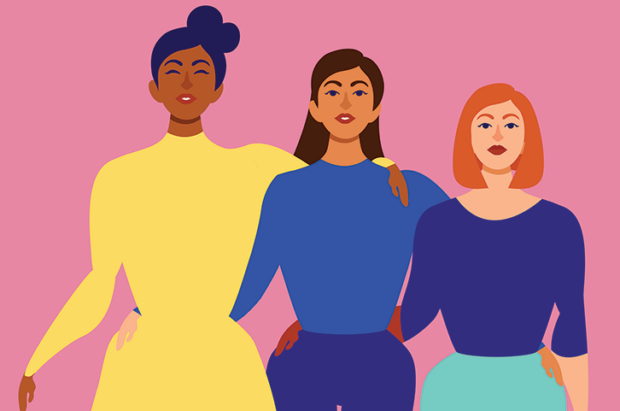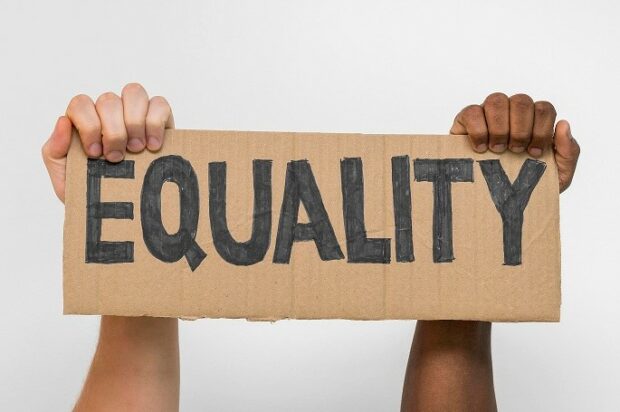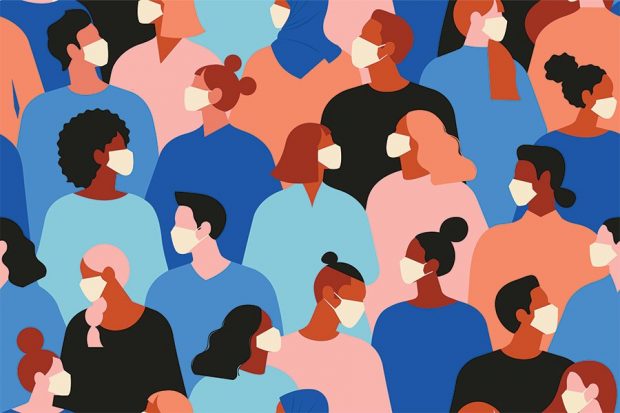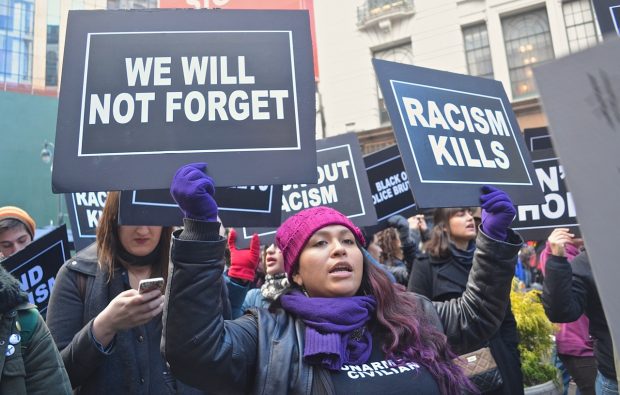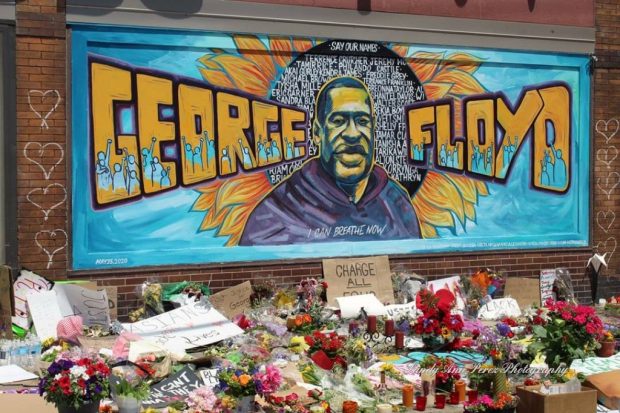Society
Today, across the world, people are celebrating International Women’s Day. This year, there is an emphasis on inclusivity, diversity and parity of esteem. In social care and social work, helping to contribute to women's equity has never been more important...
I am delighted to once again host adult social workers Nimal Jude and Liz Howard as guest bloggers, this time introducing their latest exciting venture, the Anti-racist Listening Project podcast. Making sure social work practice always challenges discrimination and oppression is imperative if we are to truly promote a human rights and social justice based approach.
Lockdowns may have ended but out duty of care as social workers goes on - and that includes encouraging colleagues and those we serve to make sure they remain fully vaccinated against COVID-19 and a potentially resurgent flu virus.
"It is part of our job as social workers to be intuitively and professionally aware of the needs of those we serve" says Lyn Romeo, Chief Social Worker for Adults. "Carers Week emphasises the theme of making sure carers are ‘visible, valued and supported’, which reminds us of the principles of our practice."
It seems entirely appropriate, following February’s LGBT+ History Month, for International Women’s Day to make this year’s theme #BreakTheBias’, a call for the further empowerment of women – and of society as a whole.
A new beginning for racial equality in social care The social care workforce race and equality standard (SCWRES) officially launched on 1 April 2021 across 18 local authorities (LAs), the first phase of a timely and crucial programme committed to …
As Chief Social Workers for Adults, part of our national leadership is to role model anti-racist and anti-discriminatory practice. We are therefore looking forward to working together to implement the social care Workforce Race and Equality Standard (WRES) in 18 local authorities from April 2021.
In this blog, Isabelle Trowler, Chief Social Worker for Children and Families, shares her reflections on the challenges in children’s social care and why it so important to make sure this work takes place and drives positive change.
Throughout this coronavirus pandemic, we have been reminded again of the devastating impact societal inequalities have had on the health and wellbeing of Black, Asian and ethnically diverse (BAME) citizens. The recent Public Health England report highlighted the need for us to finally act and consider the unacceptable impact such inequalities have always had on our communities...
Diana Katoto is a student at the University of Birmingham, studying a BA Social Work. She has a passion for social justice and prides herself on promoting human rights. The tragic death of George Floyd in the United States has prompted her to write this heartfelt and challenging blog. Diana tasks our social work profession - and by extension all other UK based institutions and networks - to be louder in our condemnation and take active steps to combat racism wherever we find it.
Over the past few days, those of us in the Office of the Chief Social Worker for Adults and the Office of the Chief Social Worker for Children and Families have been shocked and horrified by the death of George Floyd. The subsequent outpouring of anger, despair and emotion that has followed has focused our minds once again on the presence of racism and intolerance in our societies.
